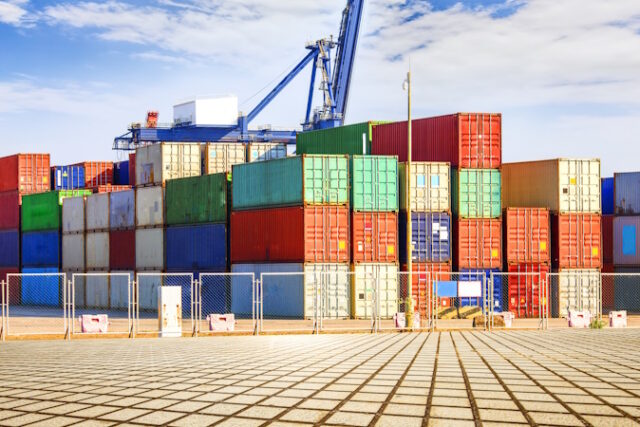
Shipping containers are essential for various applications, from transporting goods and storing equipment to serving as building blocks for innovative architectural projects. With numerous options available, selecting the right container can be challenging. This article will help you navigate the key considerations to ensure you choose the best shipping container for your specific needs.
Define Your Purpose
Before purchasing a shipping container, identify its intended use. Containers are commonly used for:
- Shipping and logistics: Transporting goods locally or internationally.
- Storage solutions: Keeping equipment, inventory, or personal belongings secure.
- Modular buildings: Creating homes, offices, or retail spaces.
- Workshop or workspace: Setting up a portable or semi-permanent workspace.
Each use case requires different container specifications, so defining your purpose is the first step.
Choose the Right Size
Shipping containers come in various sizes, with the most common being:
- 10-foot containers: Ideal for small storage needs.
- 20-foot containers: The standard size for many applications, offering a balance of space and portability.
- 40-foot containers: Best for large storage and shipping needs.
- High cube containers: Provide extra height for additional storage or workspace.
Consider the space available at your site and the amount of material or equipment you need to store or transport.
Decide Between New and Used Containers
You can purchase either a new (one-trip) container or a used container. Here’s what to consider:
- New Containers
- Typically in pristine condition with minimal wear.
- Higher cost but longer lifespan.
- Suitable for high-value shipments or conversion projects.
- Used Containers
- More affordable but may show signs of wear (e.g., dents, rust, or repairs).
- Great for storage solutions or budget-conscious buyers.
- Ensure they are wind and watertight (WWT) and structurally sound.
Consider the Container Condition and Grade
Used containers are categorized based on their condition:
- Cargo-worthy (CW) – Still certified for shipping and meets international standards.
- Wind and watertight (WWT) – Suitable for storage but not for shipping.
- As-is – Typically has visible damage and may require repairs.
Always inspect the container or request detailed photos and condition reports before purchasing.
Select the Right Material and Durability
Most shipping containers are made of corrosion-resistant Corten steel, which enhances durability and withstands harsh weather conditions. Ensure the container has a weatherproof seal, secure locking mechanisms, and a sturdy frame to maintain its longevity.
Consider Modifications and Customization
Depending on your needs, you might require modifications such as:
- Doors and windows – For access and ventilation.
- Insulation – Essential for temperature-sensitive storage or living spaces.
- Electrical and plumbing – Required for offices or homes.
- Shelving and racking – Useful for organized storage.
- Security features – Enhanced locks and alarms for added protection.
Some suppliers offer pre-modified containers or customization services.
Factor in Delivery and Placement
Before purchasing, consider how the container will be delivered and placed on your property. Key factors include:
- Delivery method – Tilt-bed trucks, flatbeds, or crane delivery.
- Site accessibility – Ensure enough space for delivery and setup.
- Foundation requirements – Concrete pads, wooden beams, or level ground to prevent sinking and structural issues.
Compare Prices and Suppliers
Prices vary based on size, condition, and supplier. Research multiple vendors, compare pricing, and check reviews to find a reputable supplier. Consider factors like:
- Warranty or guarantee – Ensures quality and protection against defects.
- Customer support – Reliable assistance for modifications or concerns.
- Availability of stock – Ensure they have the size and type you need.
Choosing the best shipping container requires careful consideration of size, condition, material, and intended use. Whether you need it for storage, shipping, or a custom-built project, investing in the right container will ensure longevity and functionality. Do your research, inspect your options, and purchase from a trusted supplier to make the most of your investment.
Disclaimer
The information contained in South Florida Reporter is for general information purposes only.
The South Florida Reporter assumes no responsibility for errors or omissions in the contents of the Service.
In no event shall the South Florida Reporter be liable for any special, direct, indirect, consequential, or incidental damages or any damages whatsoever, whether in an action of contract, negligence or other tort, arising out of or in connection with the use of the Service or the contents of the Service. The Company reserves the right to make additions, deletions, or modifications to the contents of the Service at any time without prior notice.
The Company does not warrant that the Service is free of viruses or other harmful components












